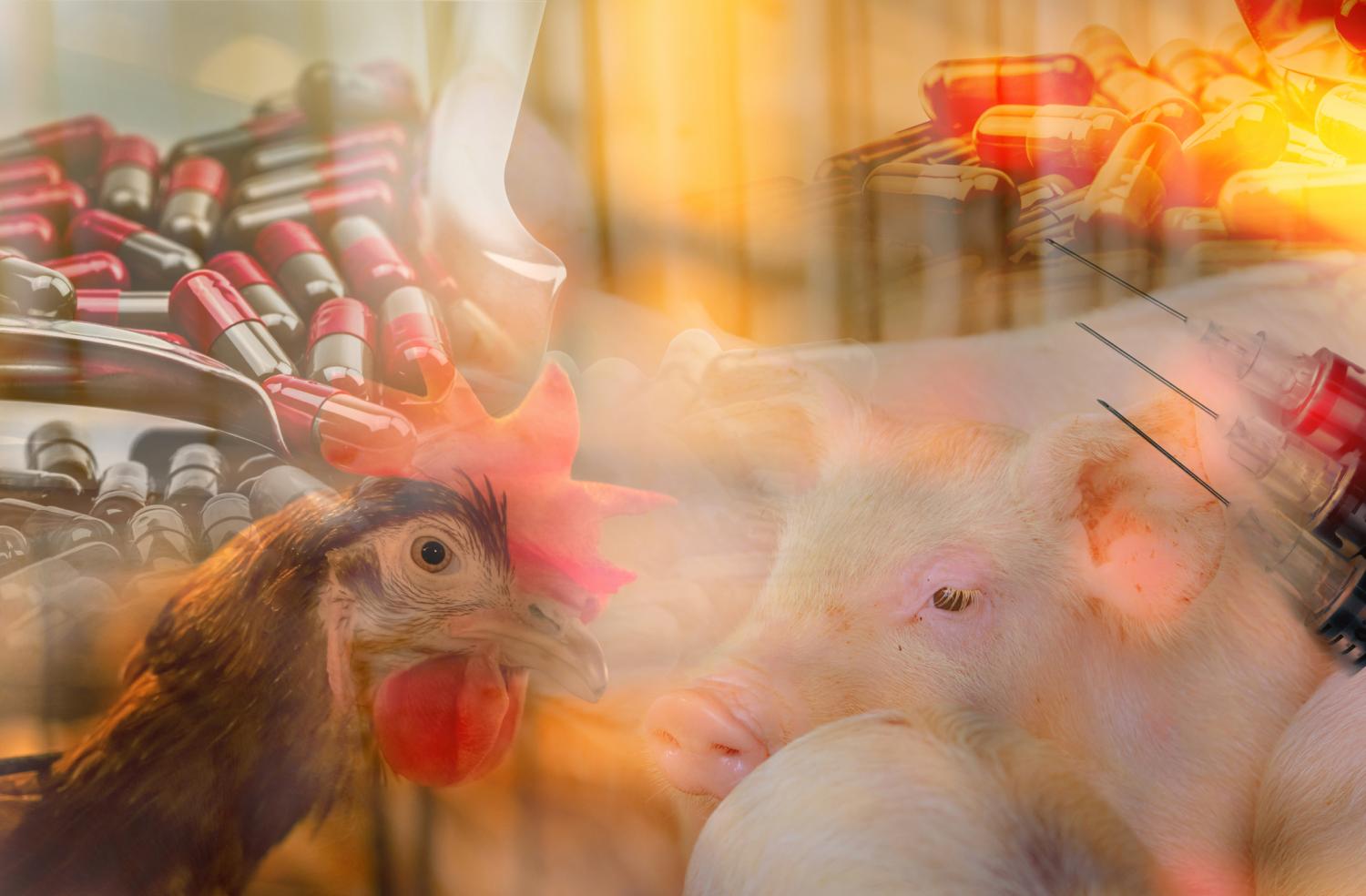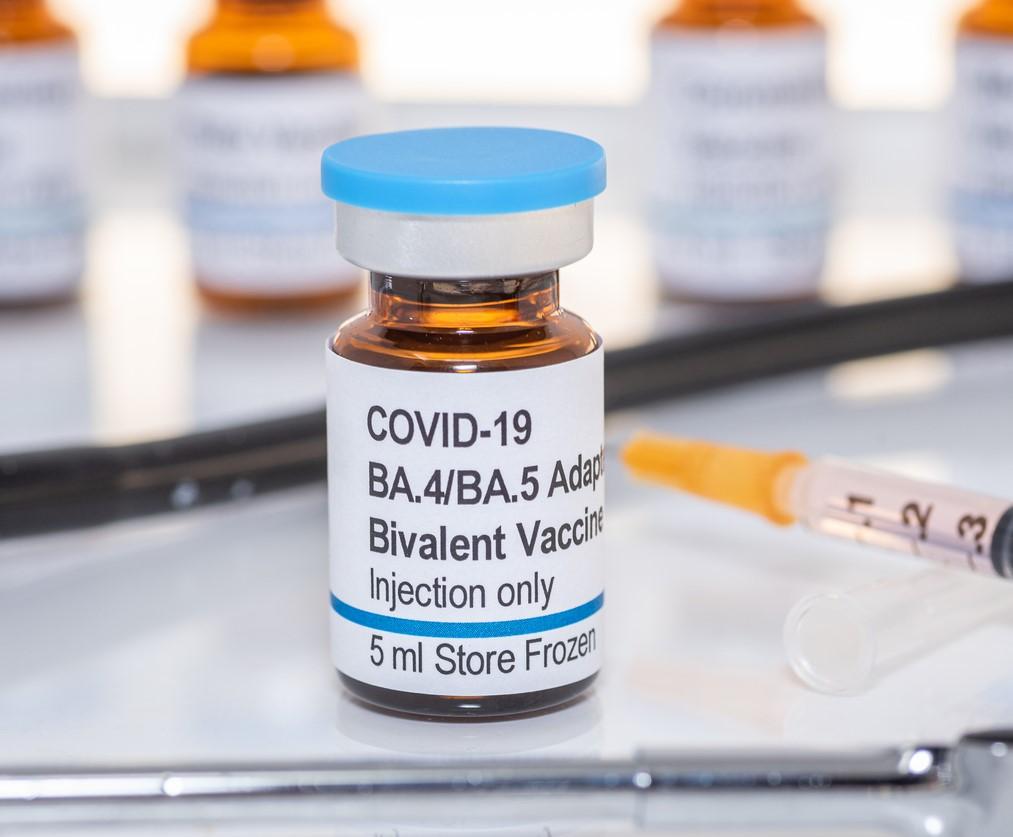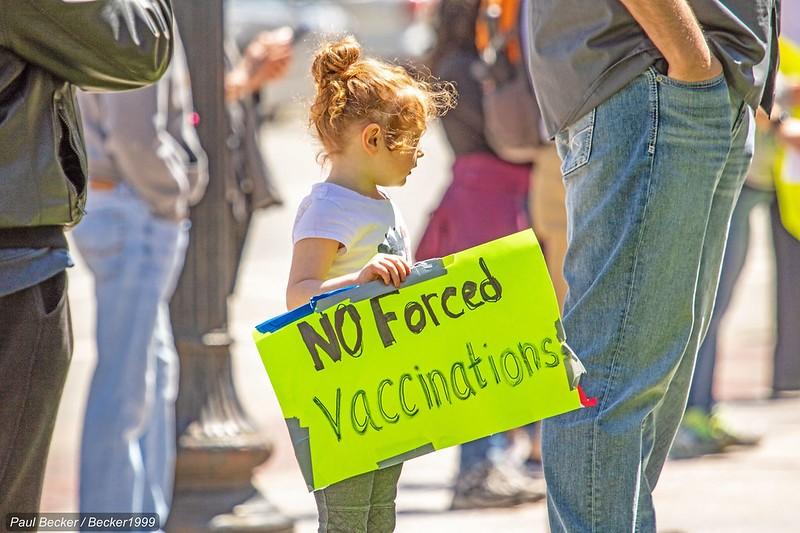
The United Nations Food and Agriculture Organization (UN FAO) last week announced the launch of a new initiative aimed at reducing the need for antimicrobials in the food and agriculture sector.
The initiative, dubbed RENOFARM (Reduce the Need for Antimicrobials on Farms for Sustainable Agrifood Systems Transformation), will work with governments, farmers, the private sector, and civil society organizations to provide countries with policy support, technical assistance, capacity building, and knowledge sharing to help reduce the use of antimicrobials in livestock production and prioritize animal health and welfare. In 2017, antimicrobial use in animals represented 73% of all antimicrobials used worldwide.
Exploring 'innovative pathways'
"The persistent use of antimicrobials in livestock production is concerning for human health, animal welfare, and environmental sustainability," FAO Director-General QU Dongyu said in a video message announcing the launch of the initiative. "We must explore innovative pathways to curb the use of antimicrobials and promote sustainable practices that safeguard public health and our planet's well-being, while improving livestock productivity."
Reducing the use of antimicrobials and animal and plant agriculture has been a significant part of the One Health antimicrobial resistance strategy promoted by the Quadripartite, which comprises the FAO, World Health Organization, World Organization for Animal Health, and the UN Environment Programme.
RENOFARM is currently being piloted in the poultry sector in Indonesia. The FAO plans to implement it in more than 100 countries.
















